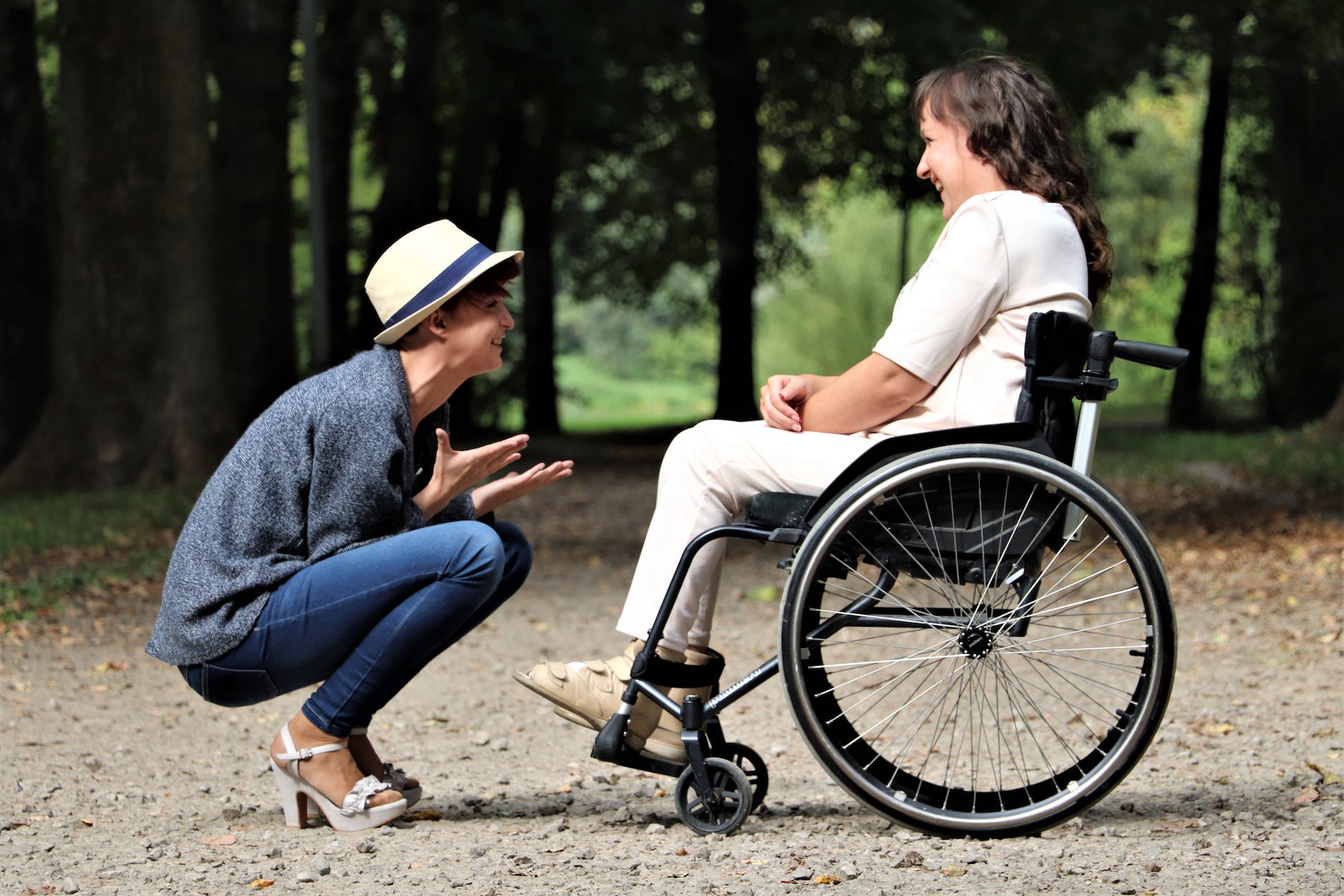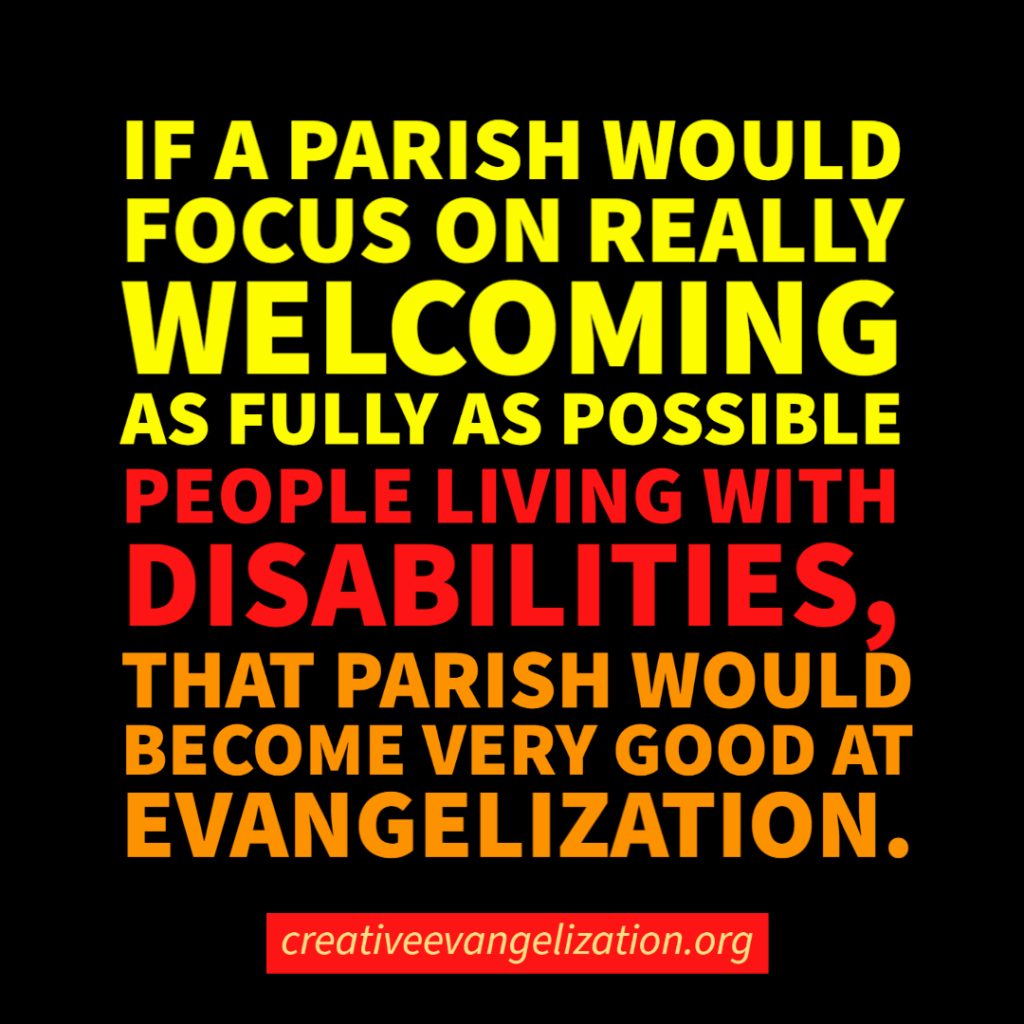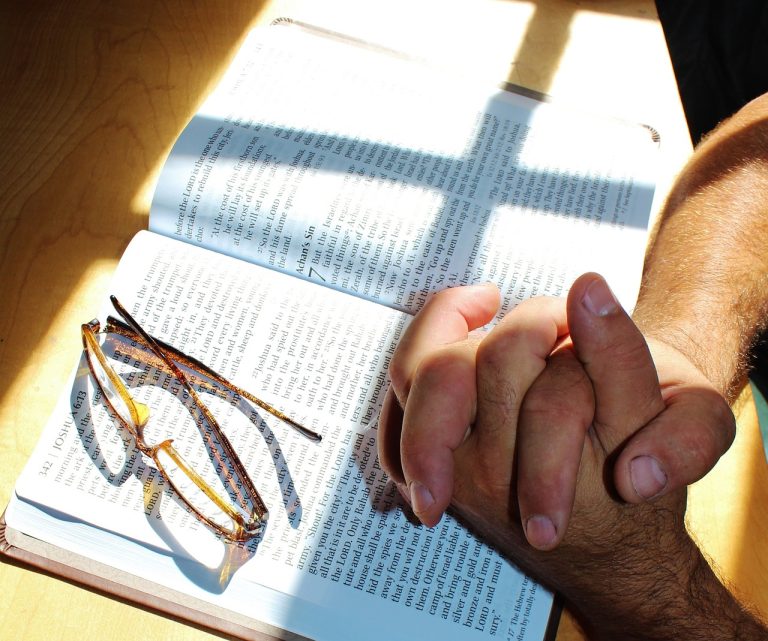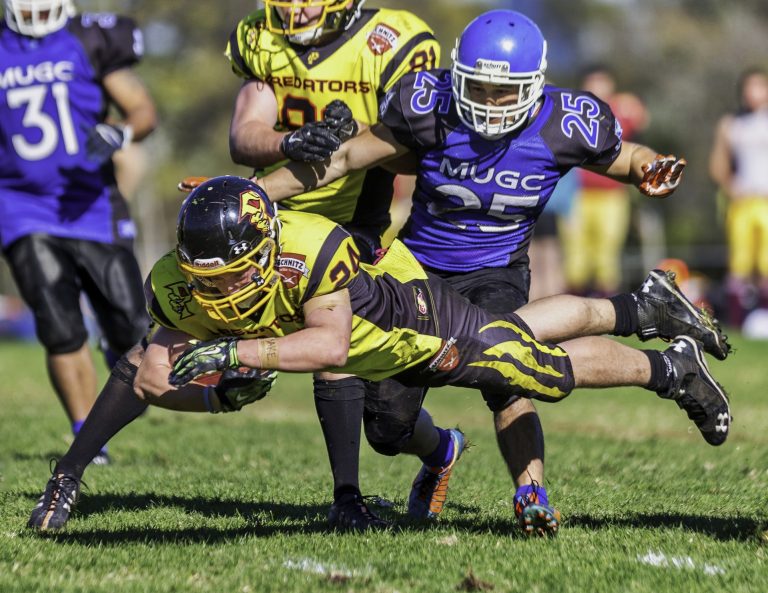Why Don’t We Evangelize People Living with Disabilities?
For all the discussion of the New Evangelization in the past forty years, there are topics that simply don’t get discussed, and should. I’m offering an occasional series of posts called Starting Conversations that I hope will get people thinking, talking, and doing. While I will offer opinions, my offerings are meant more to serve the ball and I depend on you all to keep it in play. Feel free to comment or bring these posts to your discussion group of choice.
I belong to a group of parents online who have adopted children with special needs. I’ll never forget when a friend of mine posted on Facebook that she felt forced to leave her Protestant church and do “home church” due to her daughter’s disabilities, which often resulted in excessive vocalization. That was sad enough, but the list of people responding “us too” was even more disturbing, replete with stories of families being told to go to a different church that can “handle them.”
People who study the religious lives of people living with disabilities often quote a significant statistic: that 90% of people living with disabilities in the USA are unchurched. While that number has been challenged, everyone acknowledges the number is far too high. Let’s give a wide cushion to that statistic and say the number is 70%. The number of non-affiliated in the U.S. population overall is around 25%. So: are we outraged yet? Clearly, there are issues of access, but there are deeper issues too, of basic invitation and welcome.
This is when I usually say, “We need to think seriously about evangelizing people living with disabilities.”
…and this is when we quickly realize that the reason we are so bad at evangelizing people with disabilities is the reason we are struggling with evangelization, period.
If we focus on one form of disability, intellectual disability, perhaps the parallel challenges in evangelization of those living with disabilities and the general population become clear:
- Invitation. As this population may not be able to read or get themselves to Mass without help, people are often stumped as to how to invite. If you can’t rely on the Church sign to do the work for you, and need to coordinate transportation to boot, this clearly requires a personal invitation. When you put it this way, many ask baldly: How do you personally invite people?
- Welcome. This is a population that may need more support at the door, and individually need different things. That means the hospitality minister needs to ask, to know how to help in basic, and support. This goes beyond standing, handing a hymnal or saying hello. Do we authentically welcome each person into the Church?
- Inclusion. If you are going to invite people into a worshiping community, there needs to be some level of inclusion. If the people are new to the Church, to worship, and bring their own histories or challenges, that inclusion will have to take that into account. Offering a Bible study to someone who struggles to read is not inclusion. As Church, we don’t just allow people in, we honor their call to discipleship. Right? Do we actively support each person’s call to discipleship and facilitate growth?
- Pitching the gospel. Every person deserves to hear and respond to the kerygma, the basic proclamation that Jesus is Lord and has saved us from brokenness and sin, and he has a plan for your life. But people need to hear that message differently. Do we offer that saving word to everyone in ways they can hear? Do we believe their lives can be transformed if they hear it?
- Encouraging their human dignity and call to evangelization. We serve each other, and this is a great good. But it is better if we serve and empower all people to recognize their gifts and call to share the gospel–through word, deed, and prayer for others. Do we believe this population of people can be evangelists? That God works through them, and not just through us?
I say “parallel challenges” because, if you look at these five questions, they are the stumbling blocks many Catholics have with any form of evangelization. Just substitute another discrete group as the focus of those questions: teens, young parents, the poor, the rich, the elderly. All the questions, and the concerns leading to them, still work. The questions are simply brought into bolder relief when we talk about people living with intellectual disabilities, because most people don’t think of this population as a group that deserves the gifts of evangelization.
So let me assert a strong opinion here: If a parish would focus on really welcoming as fully as possible people living with disabilities—all kinds of disabilities—that parish would become very good at evangelization. All the skills a parish would need to sharpen are the same. If we learned how to create better invitation, welcome, inclusion in discipleship, evangelization, and offered the gospel directly to them in ways they can best hear, that isn’t practice for evangelization. It IS evangelization. And it would spread to other populations as people began to flex these new muscles.
This isn’t rocket science, but it does take planning and intention. And, of course, grace. Could we pray for this grace today? Because 70% of the U.S. population of people living with disabilities missing in action from our houses of worship cannot stand. They deserve better and we need their gifts. How could you take the next step in planning for a deeper welcome and inclusion of people living with disabilities in your parish today?








Synod church: Communal, Participation and Mission
To date despite of the church to address physical the challenges that face Persons with Disabilities in terms of medical treatment, rehabilitation, services as well as education; very unfortunately globally there is limited inclusive evangelization. For instance the deaf, blinds, deaf/blind and intellectual disability to mention only a few of them, they are completely excluded from receiving God’s message (Luke 14: 13&14 and 1 Corinthians 12:12-26); most of us think persons with disability don’t deserve the gift of evangelization. In many occasions persons with physical disability are the once who have the opportunity to access into our churches and participate in all the events that happen in the churches. How can we evangelize to this group while we don’t have the basic needed facilities to assist them? The deaf are excluded because of Communication barrier, the blinds and those with low vision like the Albinos can’t read the Bible in the normal prints; they need Braille printed Bibles or Bibles with large fonts respectively. It is high time now for the church to make a big U turn, to have an inclusive evangelization/Gospel; this is what Jesus wants us to do, we are all Children of God without discrimination.